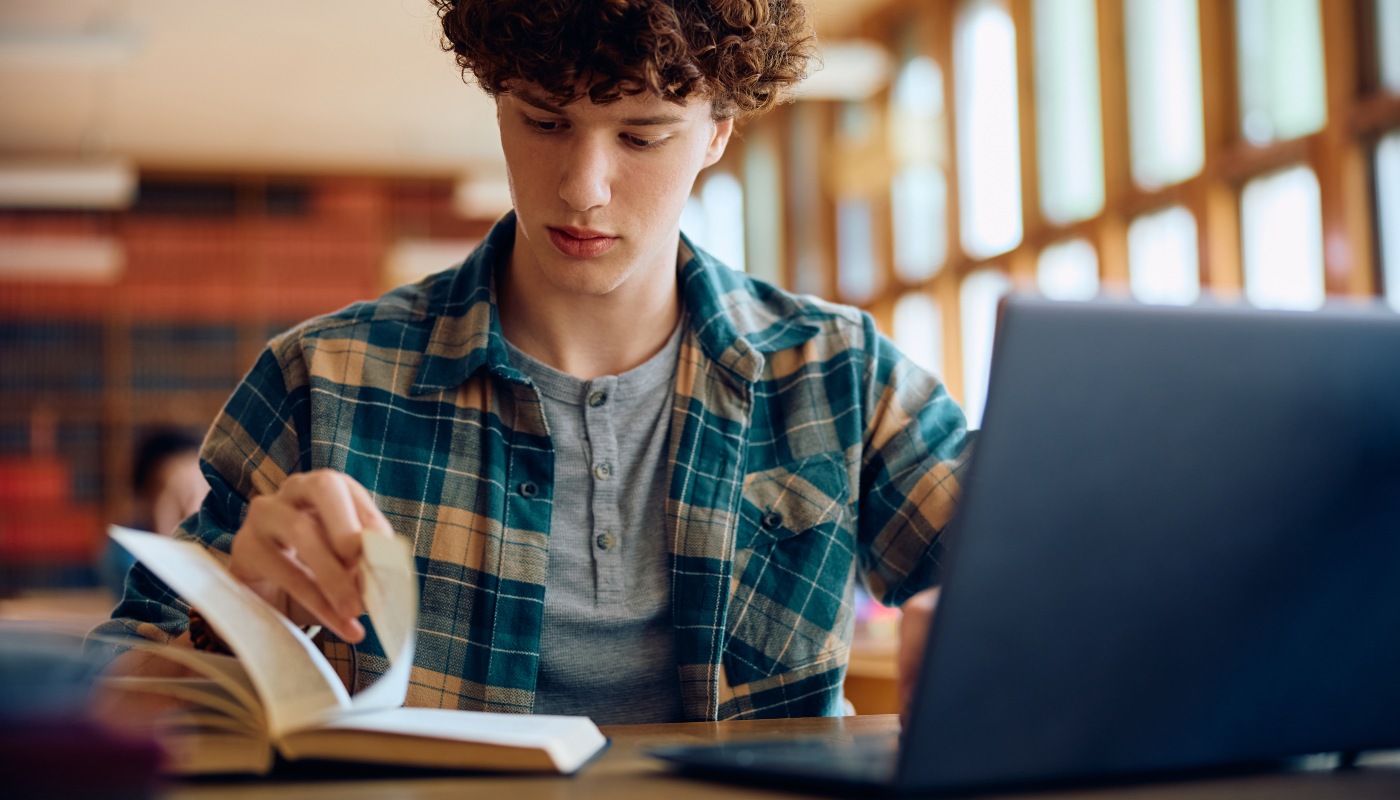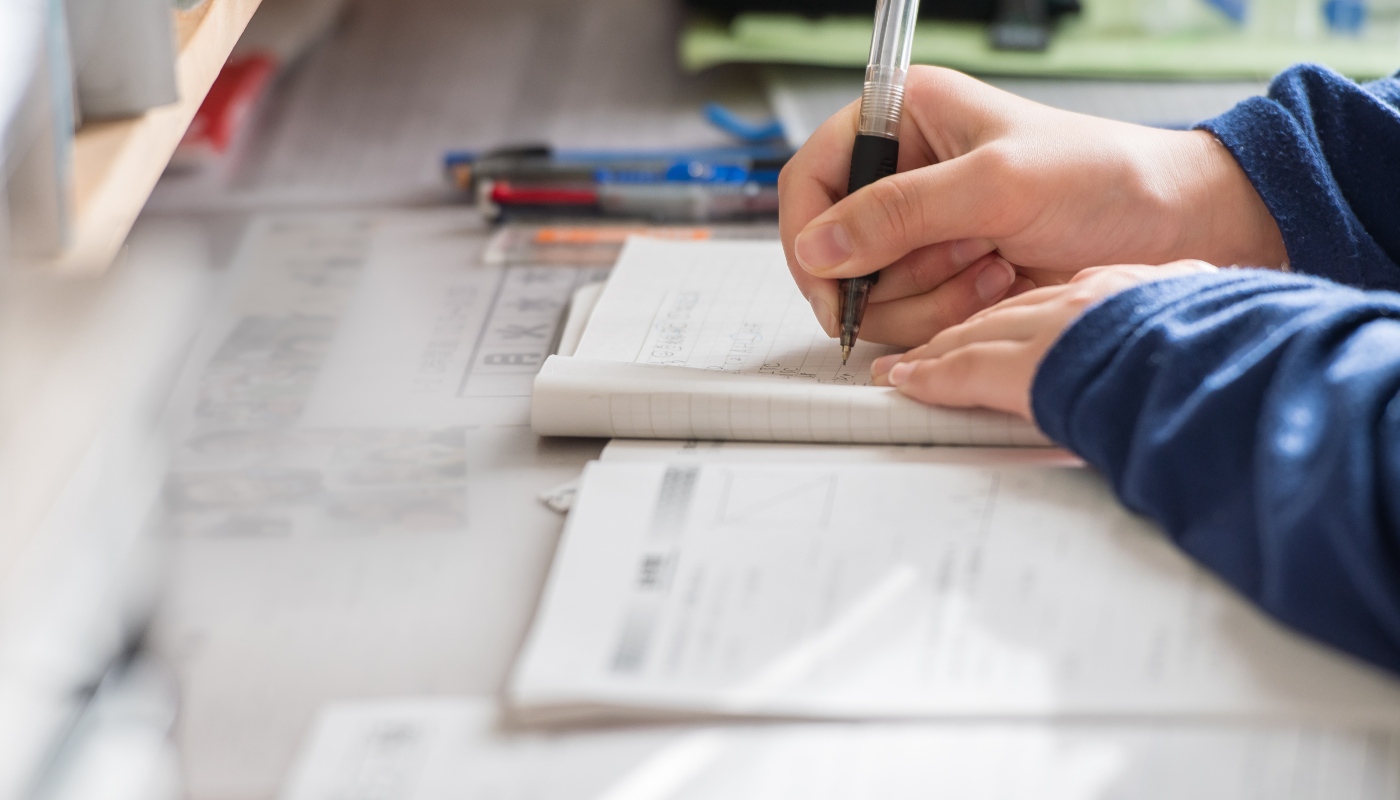How to concentrate in order to study?
We give you the best tips to improve concentration when studying. Helpful tips for teenagers studying for exam season.
child care
Share

Puberty or adolescence is the period in which adolescents go from being children to finding their way as adults. It is not an easy stage for them, as they must face many physiological, biological, and social changes.
These changes, coupled with the multiple external stimuli available to teenagers today, such as mobile phones, social media, and video games, create a mix of circumstances that make it increasingly difficult for them to concentrate on what they are doing, especially during exam periods when they are under extra stress.
How to concentrate in order to study and memorise?
- It is important to maintain a relaxed, clean, and well-ventilated environment. Ideally, it should always be in the same place with all the necessary study tools within reach.
- It is very important to be well rested. Maintaining good sleep hygiene is necessary to promote concentration and effective studying.
- Stay well hydrated. Throughout the process, avoid sugary drinks and regulate caffeine intake.
- Follow a good diet. Although it may seem basic, avoiding certain sugary foods or saturated fats also promotes concentration.
- Help them plan tasks realistically. Setting realistic goals helps achieve targets and generates a sense of well-being.
- The management of work and rest time are equally important. Make sure they take a break every 45 minutes, minimum, and engage in an activity other than studying to clear the mind.
- Do a quick first reading of the content. This technique increases concentration in reading, and helps to gather more information and recognise key terms and ideas. Speed reading enhances the ability to associate existing knowledge with new concepts.
- Highlight key words. After an initial quick reading, underlining the keywords helps identify terms and concepts that then favour development of the subject matter.
- Make diagrams or mind maps. This aids information processing, as working on them helps with the understanding and memorising of concepts.

How can you improve concentration when studying?
Concentration can be trained and improved. Here are some techniques and games that can help young people exercise concentration and memory when studying:
- Do word searches, Sudoku, and other puzzles to increase concentration as these exercises help exercise the mind.
- Do jigsaws and other puzzles: these types of games contribute to exercising visual memory, which is so important when studying. In addition, puzzles make us observe and analyse where each piece fits.
- Play board games with family or friends. Such dynamics stimulate brain functions like planning a strategy or improvising based on changes.
- Follow the clock hand. Follow the clock hand for as long as possible. This is a simple exercise that can be practiced anywhere. Ideally, practice it for two minutes regularly.
- Isolate sounds. The first step towards concentration is to know how to isolate ourselves from the constant murmur that surrounds us. If we empty our minds and listen only to the sound we have chosen to isolate, it will be easier to focus on what we are doing and concentrate on studying.






